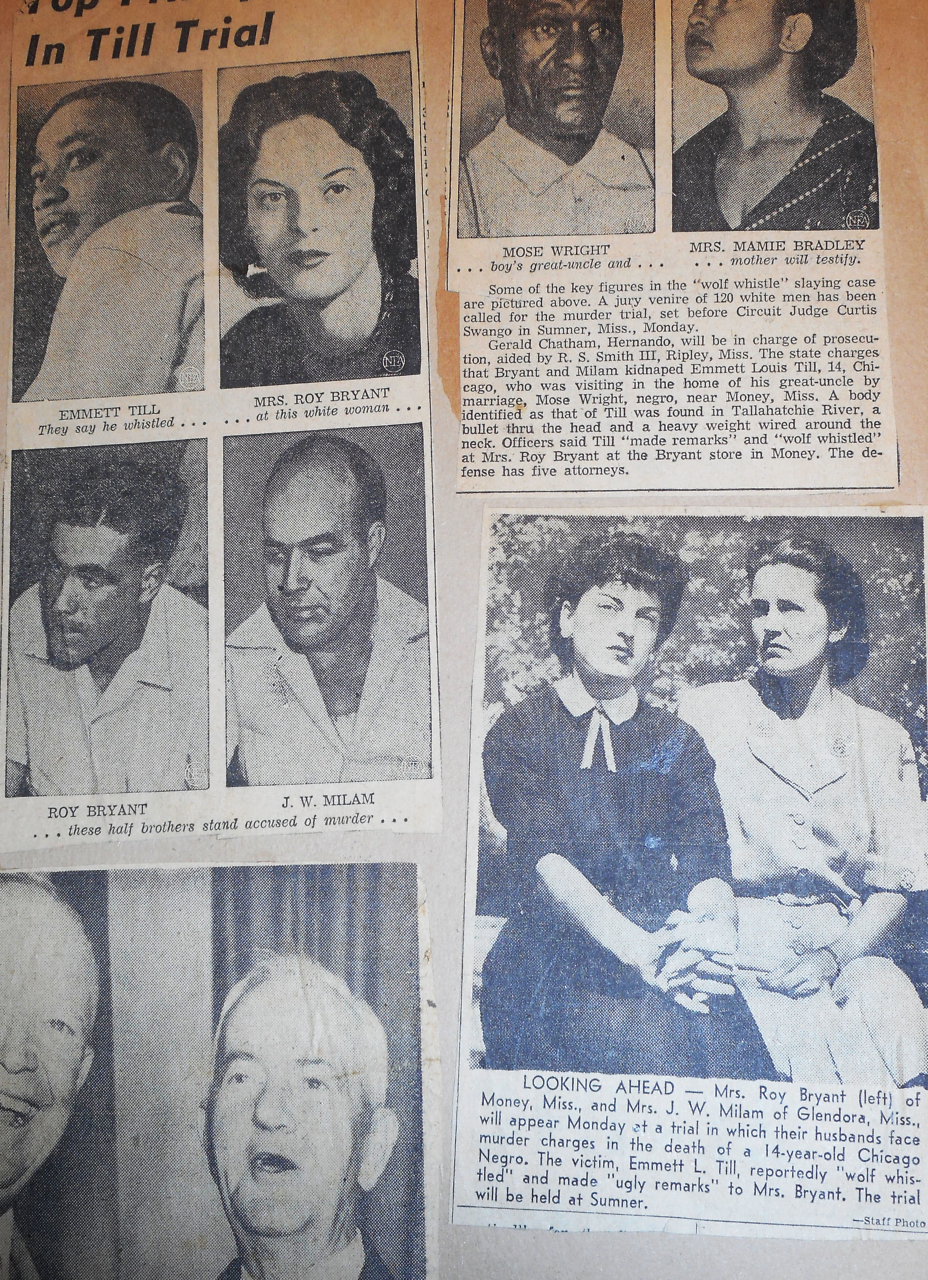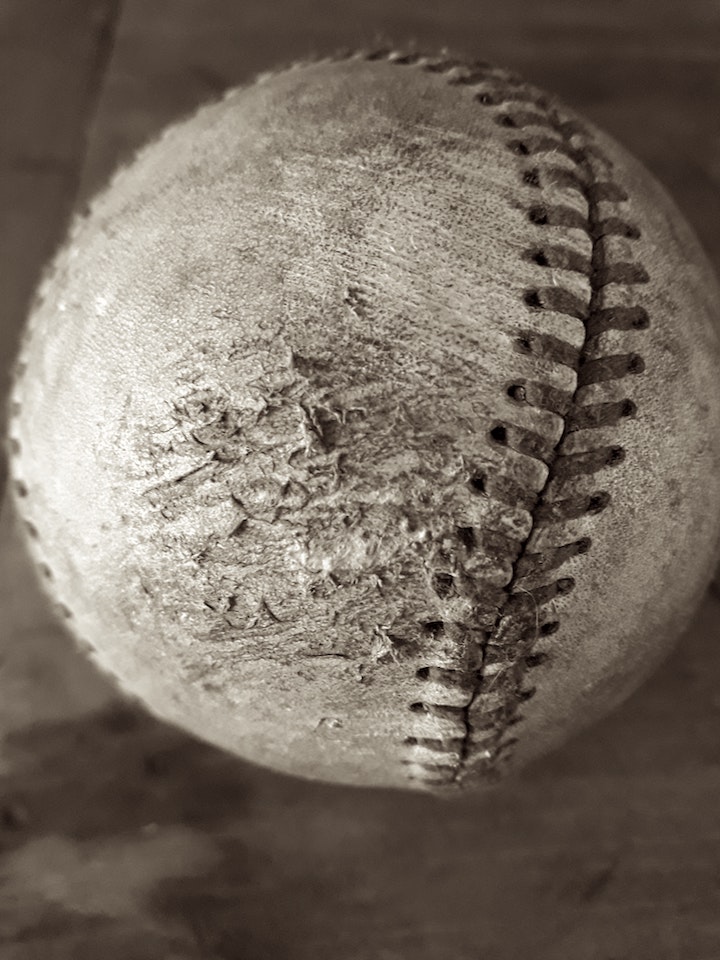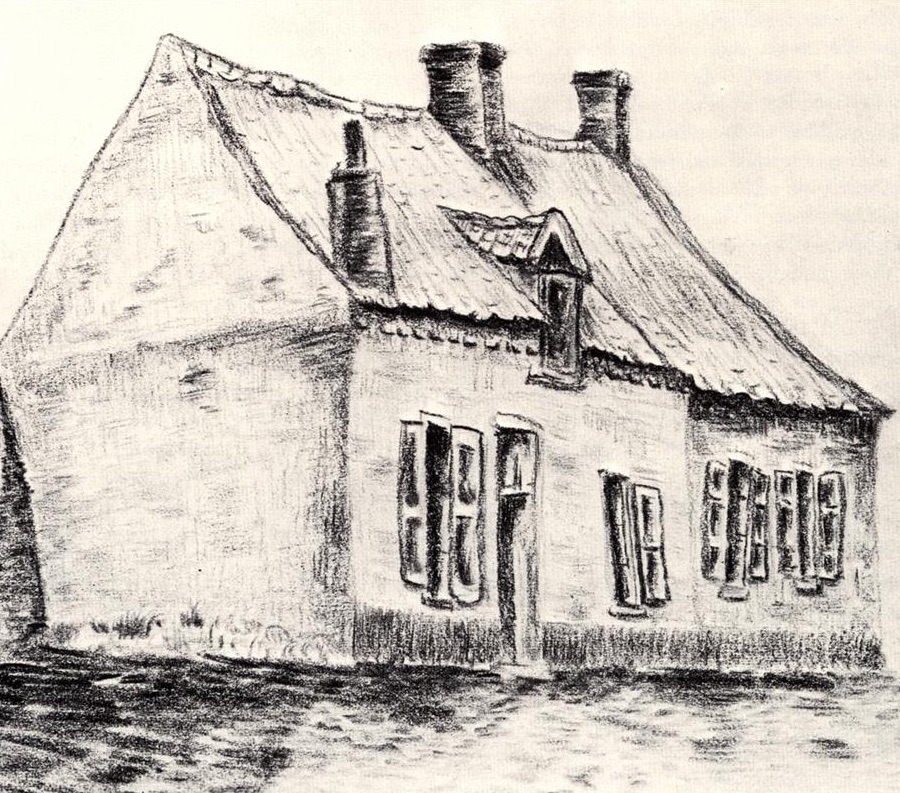Kindle v. Paper
For this lifelong reader, it’s a false debate
For thirty years I have moved a beat-up boxed set of The Chronicles of Narnia to every place I’ve lived. The paperbacks were a gift from my mother the summer I turned ten, and they are special because of that and because of the countless hours I spent reading and then re-reading them in my youth. At each new house, I unpack them along with boxes upon boxes of other books that have accumulated despite my sincere feeling that I never, or at least very seldom, buy them.
I am a reader, and this fact is as much a part of my self-image as being a mother, or a Southerner, or one who tans easily. It’s a proud kind of condition, that of the chronic reader, whose boasting that she can’t live without books is much like the lament of the genetically blessed that she can’t gain weight no matter what she eats.
But I am a reader and not a collector, and that is an important distinction. I never cared whether the book was a first edition, or even a hardback, for it was the words themselves that mattered. So maybe it is not so surprising that for Christmas in 2007 I asked for and got an Amazon Kindle. It was love right out of the box, a geek’s genie that granted every book wish. I would no sooner think of the title and click a button than within one minute it was right there for me. That’s heady stuff. Imagine having a small box in your kitchen that dispenses on demand any kind of liquor imaginable. Or chocolate. Or artisanally cured meats. Or whatever your particular pleasure might be.
For the first few months, I possessed the zeal of the reformed smoker, certain that the digital future was here and that those who bemoaned its advent were simply fetishizing form over content. If you love books, I reasoned, then you want them to be available in the format that is going to attract the most readers. And the kids today are all about technology, right? Ergo, e-readers for everyone.
Until recently, we could form an opinion about the early adopters who did their reading on these still fairly new devices. Technology is important to them, we might think. We don’t know what they’re reading on that thing, so the thing itself becomes the prism through which we evaluate the person. Now, the inverse is true. E-readers are so common that a person reading a physical book might also be making a statement. In time, the physical book may become an accessory, like owning a record player or wearing vintage clothing.
Remember the Palm Pilot? For a brief flicker a decade or so ago, before the Internet was portable, the Palm Pilot was at the leading edge of must-have personal technology. It synced your calendar! It imported documents! It received contact information from another Palm just by pointing it in the general direction and pressing a button! I had one, and I tried to convince myself I loved it. No more carrying around a big notebook that served as calendar/address book/journal/receipt file: just make sure the Palm is charged and out the door I go. For two years I used it every day. And then one day, a day that was just like any other, quite unexpectedly I snapped. I drove over to the Franklin Covey store and spent a silly amount of money on the richest leather binder with the most elaborate paper system in the store. And I was content.
Were I a bit more self-aware, that experience would have taught me something—namely, that I am a paper person, and there is no need to feel shame about it. But it did not teach me.
And so I find myself three years down the road of Kindle ownership, suddenly jonesing for paper. Recently I did something that I haven’t done in a while: I spent a rapturous hour in my local bookstore and walked out with a shopping bag full of books, some intended purchases and some not. Among them was a new hardcover I had been wanting to read. I had downloaded the sample chapter on my Kindle, in fact, and liked it but did not order the book. Why? Because I found I wanted the sensory experience of reading it on paper. That tactile pleasure does deepen and enrich the whole reading experience for me. I read more slowly, more deeply, and more thoughtfully on paper. For me, a good book is better when I hold it in my hand.
Maybe I tried so hard to go digital out of a misguided desire to stay current, the creeping anxiety of the middle-aged. Rapid change is the only reality our still-young country knows, and some adapt better than others. Me, my brain gets tired sometimes. I like to just sit and think, and read. Maybe that’s the thing that will disappear in the future and will be talked about and missed like the days of whole families sitting outside in the evenings back before air conditioning. Maybe the physical book is not the real issue at all, but the bridge between the world we used to know and the one that is bearing down quickly upon us.
I don’t live in a Kindle world or a paper world, I now know. I live in both. The Kindle is great for ordering books inexpensively that I want to read but that I don’t necessarily feel the need to have on my shelves forever. (I’m thinking of you, Official Book Club Selection: A Memoir According to Kathy Griffin.) It’s also great for travel, as many have noted. But a physical book is a thing of beauty, perhaps just in some Proustian way that is connected to the most enduring pleasures of my childhood, but perhaps not.
So now it’s up to the children. I have a young daughter and we read books every night, physical books off a well-stocked bookcase in her room. She knows I have a Kindle and what it is, and I have no doubt that one day probably fairly soon she will read on an electronic device of some sort of another. But when it comes time to introduce her to Chronicles of Narnia, I will be heading for the bookcase.
Copyright (c) 2010 by Serenity Gerbman. All rights reserved.


